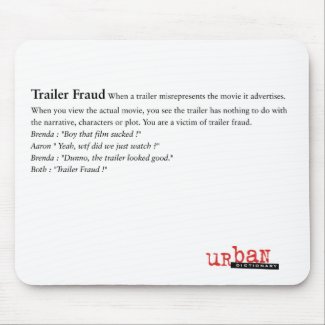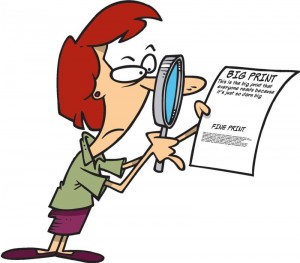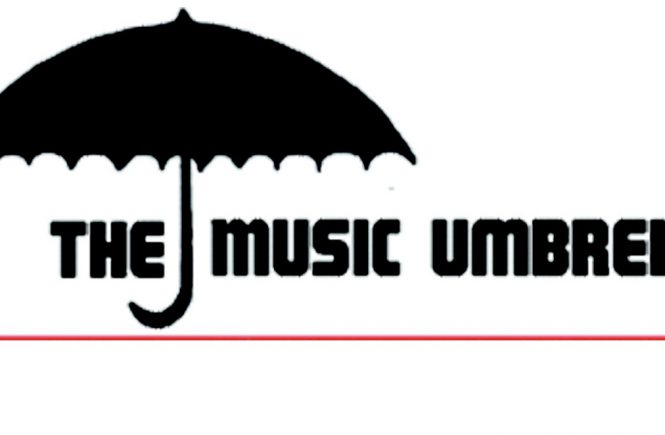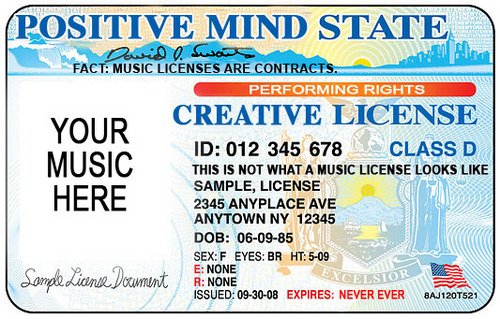Entertainment contracts can seem foreign and unfamiliar to many trying to decode them. And it usually takes a law degree to understand what they mean because, although not mandatory, they are written with an old classical form of English, used in everyday speech about as much as Latin. Actually, some actually use Latin too! Why? Because that’s the way it’s always been done I guess, and who are lawyers to change that, right?
And although you hire an attorney to decode this outdated language for you, there are some terms that you just NEED to understand. Royalties, recoupable, sunset clauses, controlled compositions. You will find these in several different entertainment agreements, whether your dealing with record contracts, management agreements, songwriter splits, or producer agreements, many of the terms are found across the board.
So over the next few weeks, I’ll be listing and defining many of the most common words and phrases. Let’s begin.
Common Contract Terms Every Artist Should Know
Option
You may see this term used like, “After the initial Term of this Agreement, Company shall have 3 Options….”. This refers to the right of a company to renew your contract. How many options is negotiable, and usually you will want to keep this number low, because most times the artist doesn’t get to decide whether or not they want to renew until all the options have been used. This, is so after spending time and money on your career, the manager/label/production company/etc, will have an opportunity to earn money back on the initial investment. Even with a hit single or album, especially with larger labels, it’s common to not make any profit from sales until the second or third release. And remember, options don’t have to equal time. Label agreements usually are for albums, regardless of time. So if it takes 3 years to release an album, that’s only 1 option, and you may find yourself in a VERY long term relationship!

Recoup
Recoupment is one of the most important words you could understand. To recoup simply means to earn an initial investment back from future profits. Remember, anyone who invests money and time into your career, is doing so in hopes of making a profit. At the very least they want to break even. Where you need to be cautious is the terms of the recoupment. You want to be sure they’re not trying to cross collateralize your income (ie. recoup money spent on producing your album with your publishing income), and you will want to try and limit how much they recoup before you start receiving money. I’ve seen situations where artist have so much billed against them upfront they may never see much of an income (labels/managers may front you the money for hotels, tours, free drinks at a bar,etc. Many of the things you think are perks though, are actually loans. So be clear on what’s free, and what’s expected to be paid back. If your label offers you a soda, ask if it’s recoupable!!!).
Royalty
This is how much money you will receive. You will receive royalties for downloads, royalties for album sales, royalties for merchandise, royalties for about everything. Royalties are just a percentage amount. Usually, in this business, they are also called points. So if in a merchandising deal, they tell you you will receive 30 points for all t-shirts sold, it means that you will receive 30% of the sales. The royalty is most commonly figured AFTER any costs like printing and designing shirts, packaging your CD, etc. Royalties are the preferred method for artist to get paid for 2 reasons:
1) It’s safer for the label to offer you a percentage of potential sales than to guarantee you a flat fee. If your product doesn’t sell, they don’t owe you.
2) You can potentially earn more money. You could just charge a flat fee, and be done with it. But with royalties, the income could be seemingly endless. So much so, that your children may receive checks from well structured deals well after you are gone!
However, royalties are only beneficial if other parts in your deal are set up correctly. Like recoupment. You should also try and have an escalating royalty added to all agreements. This will allow you to earn more points to your royalty if there is success with your product (ie. If you start with 15 points for your record royalty, you may add to the agreement that if over 500,000 albums are sold, your royalty will increase to 16 points. Over a million sales, and you get 17 points. It can go on as high as you can negotiate).
(A VERY important note to remember about royalties; About every recording contract, and several other types of agreements, have different royalty rates then what you negotiated, and you may never get that rate if you don’t pay attention to other parts of the contract. It usually is decided by what they determine as sales. Let’s say you negotiate 12 points in your record contract. That 12 points is typically based on the Suggested Retail List Price,or SRLP, which is how much the label or distributor suggests a record store sells your CD for. BUT, if your label sells it as a lower rate record, then they reduce your points significantly. Usually any sales out of the country, including Canada count as lower rate records. Discount stores like Walmart qualify for lower rates. Even so called “new media” count as lower rate records, and many labels still will include ringtones, mastertones, and digital downloads as new media if you don’t catch them. So be sure you hire someone well qualified to read those agreements on your behalf!!!!)
So let’s put these 3 terms to use and see how they really relate.
You sign an agreement that is only for 2 albums, but has 3 options. Each option will last for an additional album. So your 2 album contract is actually potentially for 5 albums, all usually based on whether or not the record company wants to continue working with you. So, if each album takes 2 years to complete, and the label uses each option, that deal will last for 10 years. And within that 10 years, they offer you a royalty of 15 points, that is recoupable against any advance they give you, including any video they shoot for your songs, and 50% of the marketing budget set for your project (Yup, labels try to stick you with the marketing and promotions too…so again…Good attorneys and experienced negotiators are needed). If the album sells for $10, they will owe you $1.50 per CD. But if they calculate they already gave you $50,000, then you won’t see a dime until after they ‘recoup’ that full amount. So you will have to sell 33,334 albums beforyou see another check. If you only sell 20,000 albums, then on your next album (if there is a next album), they will add the remaining 13,334 albums to that project. So again, if you’re not careful on how your contracts are structered, you may end up selling millions of records eventually and actually owing the label money still.
In the next few posts, I will cover more terms that you will find in everything from your management agreements to your producer agreements. If there are terms that you would like me to define, leave a comment, and I’ll be sure to add it in an upcoming issue..




